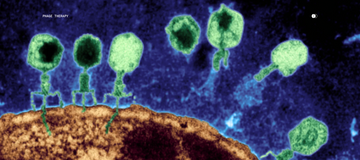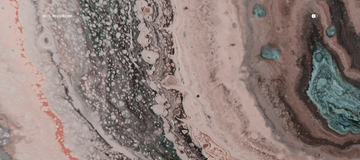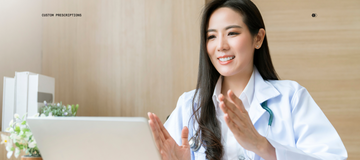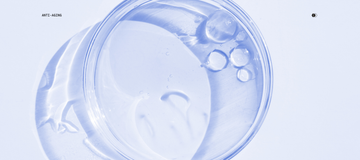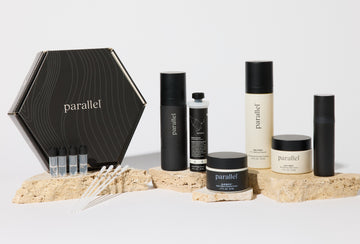Known for her inventive "from-scratch" recipes, ranging from homemade toothpaste to five-hour bread for her kids’ PB&Js, trad-wife influencer Nara Smith's latest creation—homemade sunscreen—has garnered significant attention and criticism on TikTok. With her video amassing over 18 million views in six days, many have identified potential dangers of this DIY project.
The Recipe: Innovation or Risk?
In her recent video, the 22-year old influencer and her husband, Lucky Blue Smith, share their “very precise” homemade sunscreen recipe with 8 million followers, designed for her family who "burn pretty easily." The mixture includes household items: coconut oil, beeswax, shea butter, cocoa butter, and jojoba oil, all melted down to a liquid before adding zinc oxide powder, a well known sunscreen ingredient, with a cooking whisk.

Why Doctors Say NO to Homemade SunscreenThe primary concern with homemade sunscreen is unpredictability. Unlike commercial sunscreens, which undergo rigorous testing to ensure consistent and adequate protection, DIY versions lack such validation. The American Academy of Dermatology (AAD) recommends using sunscreen with an SPF of 30 or higher, but this cannot be accurately determined in a home setting.
Without proper formulation and testing, homemade sunscreens pose significant risks:
1) Inconsistent Protection: Without standardized testing, there's no way to ensure that the sunscreen provides uniform coverage. Splotchy and not thoroughly mixed formulations can leave parts of the skin exposed to harmful UV rays, increasing the risk of sunburn and long-term damage. Through photoprotective efficacy testing, a 2020 study found that 3 of the 15 homemade sunscreen recipes did not contain any sun protection and the remaining 12 did not pass the minimum threshold of sun protection required by Europe.
2) Ineffective Ingredients: While zinc oxide is a proven sunscreen ingredient, the concentration and distribution in a homemade mixture can vary greatly. Additionally, other ingredients like coconut oil and shea butter, while beneficial for moisturizing, do not offer adequate UV protection. According to Formulation Chemist Mia Zakaria, “Effective sun protection requires accurate measurements with a scale to ensure proper concentration of ingredients, which cannot be achieved with everyday cooking supplies. It is also essential to source quality ingredients and include a preservative to maintain the effectiveness and safety of the sunscreen.”
3) Regulation and Safety: In the United States, sunscreen is regulated by the FDA as an over-the-counter drug. Therefore, it must meet stringent safety and efficacy standards, including stability testing to ensure the product remains effective over time and testing under various conditions to confirm its broad-spectrum protection. Using a DIY sunscreen can provide a false sense of security. Believing they are protected, individuals might spend more time in the sun, increasing their exposure to UV radiation, leading to severe sunburns, premature skin aging, and increased risk of developing skin cancer. Dermatologist Dr. Jigar Patel strongly advises against using DIY sunscreens, advocating for FDA regulated sunscreens: “Sunscreens are regulated by the FDA to ensure efficacy and reliability. Whether you use chemical and/or mineral sunscreens, you want to know that your skin is protected from the harmful effects of UV radiation. Dermatologists do not recommend at-home or DIY sunscreens since there is no way to measure key variables such as sun protection factor and broad spectrum capacity. Using an FDA-approved sunscreen is one of the best measures you can take to prevent sun damage and minimize your risk of skin cancer long-term.”
While Nara Smith's sunscreen recipe may have sparked curiosity and gained popularity on social media, its potential risks outweigh any perceived benefits. While we love her couture dresses and extensive homemade recipes, please stick to properly formulated and tested sunscreens.







